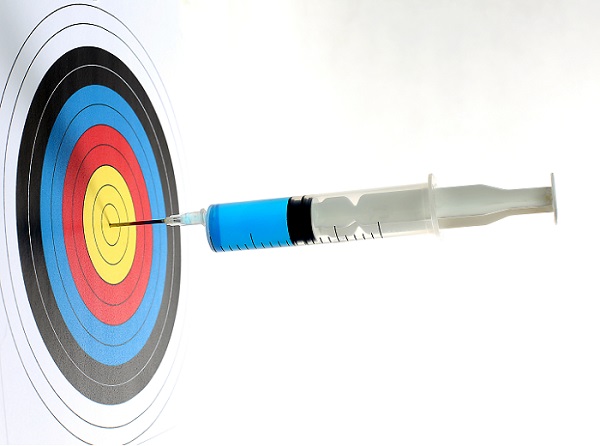

“Precision medicine” is an emerging discipline that demands attention. The Food and Drug Administration, National Cancer Institute, and the National Institute of Health are working on precision medicine initiatives. Google created an AI tool to address some of the challenges.
So what exactly is precision medicine? And why do we care?
According to NIH’s Precision Medicine Initiative, “[it[ is “an emerging approach for disease treatment and prevention that takes into account individual variability in genes, environment, and lifestyle for each person.
Precision medicine allows doctors and researchers to hypothesize which treatments might work better for different groups of people.
In short, medicine is becoming more personal. A universal approach, that targets an “average” patient does not address the differences that inherently exist between individuals.
The Precision Medicine Initiative addresses this further: “Although the term ‘precision medicine’ is relatively new, the concept has been a part of healthcare for many years. For example, a person who needs a blood transfusion is not given blood from a randomly selected donor; instead, the donor’s blood type is matched to the recipient to reduce the risk of complications.”
Though there are examples, precision medicine is not a healthcare standard. But, as the concept continues to grow more popular, this is changing.
But is precision medicine – ready for primetime? In my opinion, the answer is quite clear: no.
Before we reap the full benefits of precision medicine, a few things need to change:
(Healthcare IT News mentioned 5 of them in a recent article.)
- Regulatory requirements
- Insurance reimbursement guidelines
- Physician education and support
- Patient empowerment
- Cumbersome and expensive clinical trials
- Accuracy of data
It goes without saying that, in order for precision medicine to be effective, we have to have accurate patient data (genetics, lifestyle, environment, history, etc.).
Therefore, it could be argued that the first step to a successful precision medicine initiative starts with its technology, mainly that which gathers a patient’s health records (i.e. an EHR).
While there are several initiatives to launch new companies in this sector, it is important to note that the ecosystem for gathering comprehensive health records is still incomplete. Records remain siloed and interoperability remains a challenge. .
EHR design is a fundamental issue that could hinder the progress of precision medicine. Most are effectively designed and built with the concept of “one size fits all.” This inherently runs against the very definition of precision medicine.
Currently, EHR systems are built to standardize processes. Many are more elaborate – practically a euphemism for an ERP system that is meant to run the practice or health system like a business. This enforces rigidity into the systems implemented. This complexity means many organizations have sunk millions of dollars in the adoption of such systems, making a transition essentially cost prohibitive.
It is time to rethink the EHR concept in a more customized personalized framework… As is, there are very few systems that are flexible and adaptable enough for a precision medicine initiative.